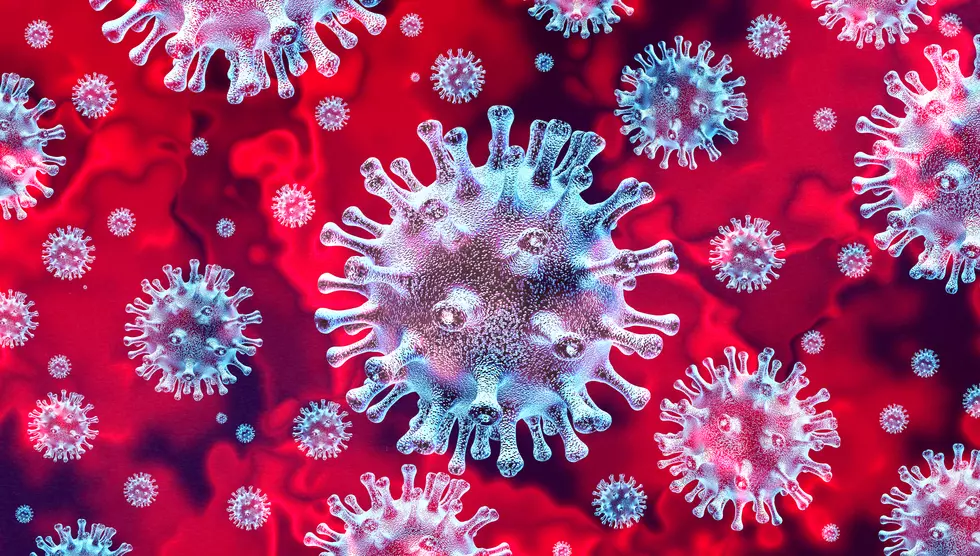
Rutgers researchers create new rapid COVID variant test
The coronavirus variants continue to cause concern as vaccines are rolled out.
The so-called U.K. variant is more contagious, and other variants may cause more serious illness or may be more resistant to the COVID vaccines now in use.
Identifying variants is complicated and time consuming but a team of researchers has just come up with a new test to speed things up dramatically.

Professor David Alland, the director of the Rutgers New Jersey Medical School Public Health Research Institute and chief of infectious disease at the Rutgers Medical School, said the main way to know if a COVID variant is circulating is to sequence the virus genomes, which can take three to five days.
“So we had to figure out a faster way to screen for strains that were likely to be variants,” he said.
Alland said his team has developed a new test that takes a little more than one hour to complete.
The test is the first ever to use “sloppy molecular beacon probes,” which are highly sensitive and specific DNA sequences used to detect frequent mutations in organisms.
He said having a rapid COVID variant test can help public health officials recognize transmission hotspots, so that quick containment action can be taken.
“It can be very helpful for identifying households or people that need to be specially quarantined or watched more closely,” he said.
He said the test has performed well with clinical samples in initial studies, and details and information on easily creating and running the rapid test has been made available online at no charge.
He noted the test is not being patented by Rutgers because researchers believe it should be widely available to the public as quickly as possible.
“If you slow down and start patents and negotiating licensing agreements and trying to make money off of this, then you’re throwing away all of these huge advantages in terms of saving time.”
Alland said the rapid test cannot be performed at home, it requires a laboratory. But New Jersey has plenty of those.
He also noted the variant test can easily be tweaked to be used for any new type of variant that is discovered in the future.
“We have to be able to detect the variants, obviously, and know when they’re coming and know what they are,” he said. “We also have to understand what these variants mean in terms of vaccine efficacy, we have to understand what they mean in terms of treatments.”
“We certainly can’t do that if we don’t know they’re here," he said.
20 South Jersey Nightclubs Too Fun (and Wild!) to Last
Italian Lemon Ricotta Cake
More From 105.7 The Hawk










